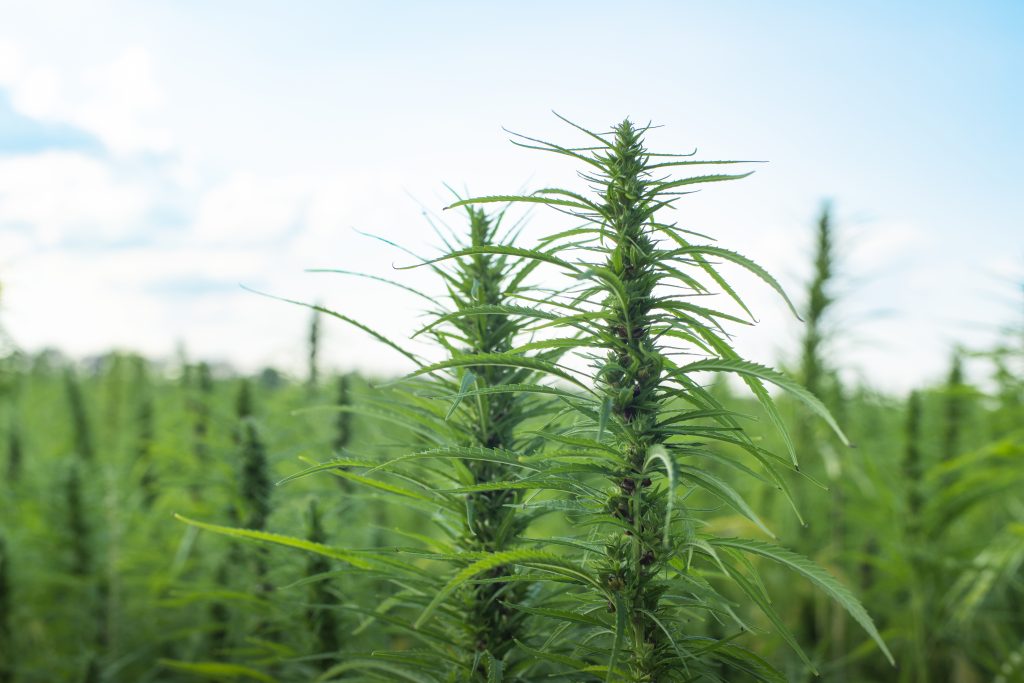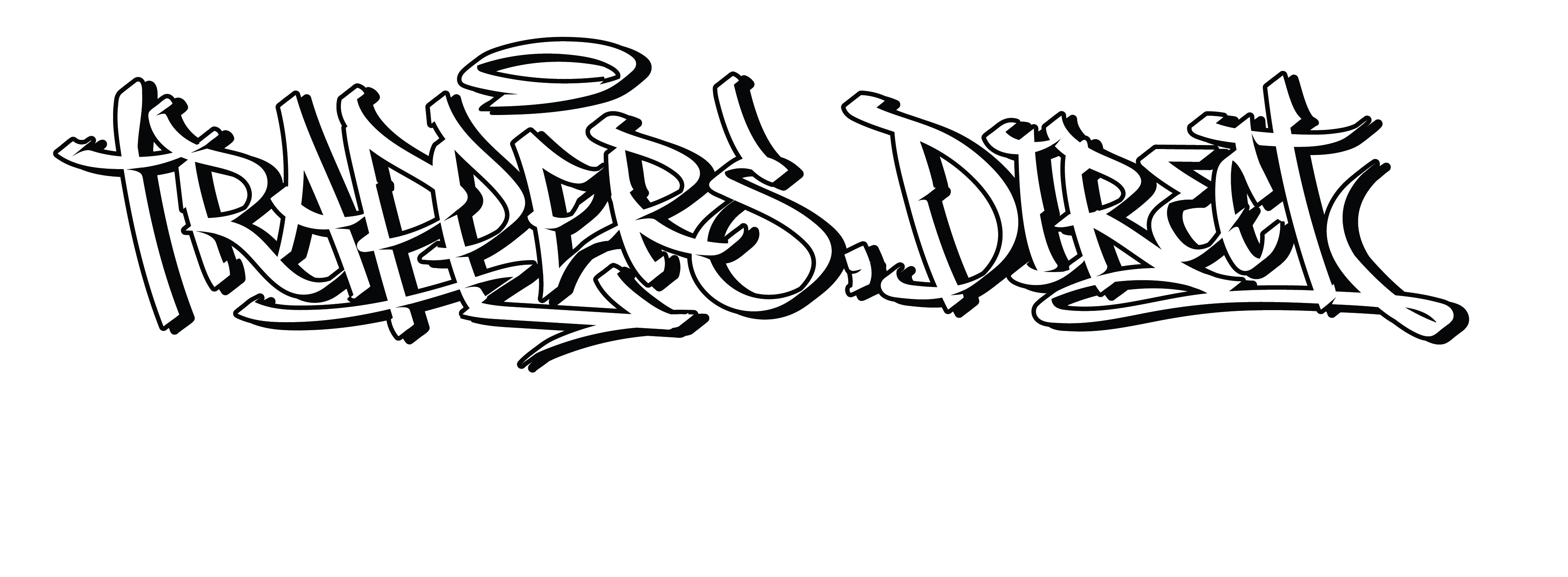The 2018 Farm Bill and Hemp: A 2025 Update
The 2018 Farm Bill and Hemp: A 2025 Update
The 2018 Farm Bill, officially known as the Agriculture Improvement Act of 2018, marked a significant shift in U.S. agricultural policy by legalizing the cultivation of industrial hemp. This legislation removed hemp—defined as cannabis containing less than 0.3% delta-9 THC—from the Controlled Substances Act, thereby distinguishing it from marijuana and opening avenues for its commercial production.
The legalization of hemp is not only a significant shift in agricultural policy but also a cultural renaissance. Hemp has been utilized for thousands of years, dating back to ancient civilizations. For instance, in China, hemp was cultivated as early as 2800 BC for its fiber, seeds, and medicinal properties. This long history underscores the potential of hemp not just as a crop but as a versatile resource.

Current state of the 2018 Farm Bill
Federal Developments
Additionally, the 2018 Farm Bill opened doors for research and development. Universities and private organizations have started investing in studies focusing on hemp’s agricultural benefits, including its ability to enhance soil health, reduce erosion, and serve as a rotational crop that can improve the yield of subsequent crops. This aspect of hemp cultivation not only promotes sustainable farming practices but also presents a compelling case for its inclusion in modern agricultural systems.
The rise of hemp-derived products has also sparked a burgeoning market for CBD, an extract from hemp that is lauded for its potential health benefits. The CBD market has exploded in recent years, with products ranging from oils and tinctures to edibles and topicals flooding the market. According to a report by Grand View Research, the global CBD market size was valued at over $2.8 billion in 2020 and is projected to grow at a compound annual growth rate (CAGR) of 21.2% from 2021 to 2028. This trend highlights the immense economic potential of a well-regulated hemp market.
Originally set to expire in 2023, the 2018 Farm Bill has been extended twice, with the latest extension running through September 30, 2025, under the American Relief Act of 2025. This extension maintains the current legal framework for hemp, including the 0.3% THC threshold, without introducing new regulations for hemp-derived cannabinoids such as delta-8 THC.
However, the proliferation of intoxicating hemp-derived products has prompted legislative attention. In May 2024, the House Agriculture Committee passed a draft of the 2024 Farm Bill (H.R. 8467) that included an amendment to redefine hemp. This amendment aimed to exclude:
- Hemp-derived products containing cannabinoids not naturally produced by the cannabis plant or those synthesized outside the plant.
- Products with quantifiable amounts of THC or cannabinoids marketed to have similar effects as THC.
If enacted, this redefinition would effectively remove products like delta-8 THC from the legal hemp market.
State-Level Actions
State-level actions are crucial not only for regulation but also for guiding consumer safety. For example, states like Colorado have implemented rigorous testing requirements for hemp products, ensuring that consumers are purchasing safe and reliable items. This approach not only protects consumers but also helps legitimate businesses thrive in a competitive landscape.
In the absence of updated federal regulations, several states have taken independent action to regulate or ban certain hemp-derived products:
Moreover, Texas’s legislation reflects a growing trend of states grappling with how to handle the complexities of hemp regulation. As the industry grows, states will need to develop frameworks that are both protective and conducive to business. The outcome in Texas may serve as a precedent for how other states approach similar legislation.
California’s emergency regulations highlight the tension between state and federal law, raising questions about the future of hemp-derived products in a heavily regulated state. Legal experts anticipate a wave of litigation as industry players strive to ensure that their businesses are not unfairly impacted by state-level decisions.
Other states, such as Kentucky, which was historically a tobacco state, are now pivoting towards hemp as a sustainable alternative crop. Farmers are beginning to see the advantages of hemp cultivation, not only in terms of profitability but also as a way to diversify their crop yields and reduce dependency on a single cash crop.
- Texas: In May 2025, the Texas House passed legislation banning most hemp products, a move that could significantly impact the state’s $8 billion hemp industry. The bill, supported by Lieutenant Governor Dan Patrick, is expected to be signed into law by Governor Greg Abbott. Opponents argue that the ban could lead to numerous arrests for possession of federally legal substances and have vowed to challenge the law in court.
- California: In September 2024, California enacted emergency regulations prohibiting the sale of hemp products containing detectable levels of intoxicating cannabinoids. The regulations also imposed age restrictions and packaging requirements. This has led to legal challenges from hemp industry advocates who argue that the state’s actions conflict with federal law.
- Other States: States like Florida, Georgia, Kentucky, and Tennessee have implemented or are considering restrictions on hemp-derived products, including bans on synthetic THC and limitations on direct-to-consumer sales. These measures have raised concerns among small hemp businesses about the future viability of their operations.
As the industry evolves, numerous trade organizations and advocacy groups are emerging to support hemp farmers and businesses. These organizations play a vital role in educating stakeholders about regulations, market opportunities, and best practices. They also advocate for policies that favor hemp’s growth and development, fostering a community of innovation.
With ongoing debates about hemp regulation, stakeholders are encouraged to stay informed and engaged in the legislative process. By participating in public comment periods and attending town hall meetings, they can voice their concerns and influence the direction of hemp policy in their respective states. This grassroots involvement is essential for shaping a future that supports responsible hemp cultivation and consumption.
Industry Outlook
The hemp industry, once buoyed by the 2018 Farm Bill, now faces a complex regulatory landscape marked by federal inaction and a patchwork of state laws. While the federal government has extended the existing legal framework through 2025, the lack of updated regulations has led to uncertainty and legal challenges. Industry stakeholders are closely monitoring developments at both the federal and state levels, advocating for clear and consistent policies that balance public health concerns with economic opportunities.
As the debate over hemp-derived products continues, the industry remains at a crossroads, awaiting legislative clarity that will determine its future trajectory.
Trappers Direct’s Role in the Evolving 2018 Farm Bill Landscape
Trappers Direct operates within the legal framework established by the 2018 Farm Bill, which legalized the cultivation and sale of hemp containing less than 0.3% delta-9 THC on a dry weight basis. By sourcing hemp-derived products that comply with these federal guidelines, Trappers Direct ensures that its offerings—such as CBD oils, tinctures, and other hemp-based goods—are legally produced and distributed. This compliance not only aligns with federal law but also allows Trappers Direct to navigate the complex and evolving landscape of state regulations concerning hemp-derived products.
